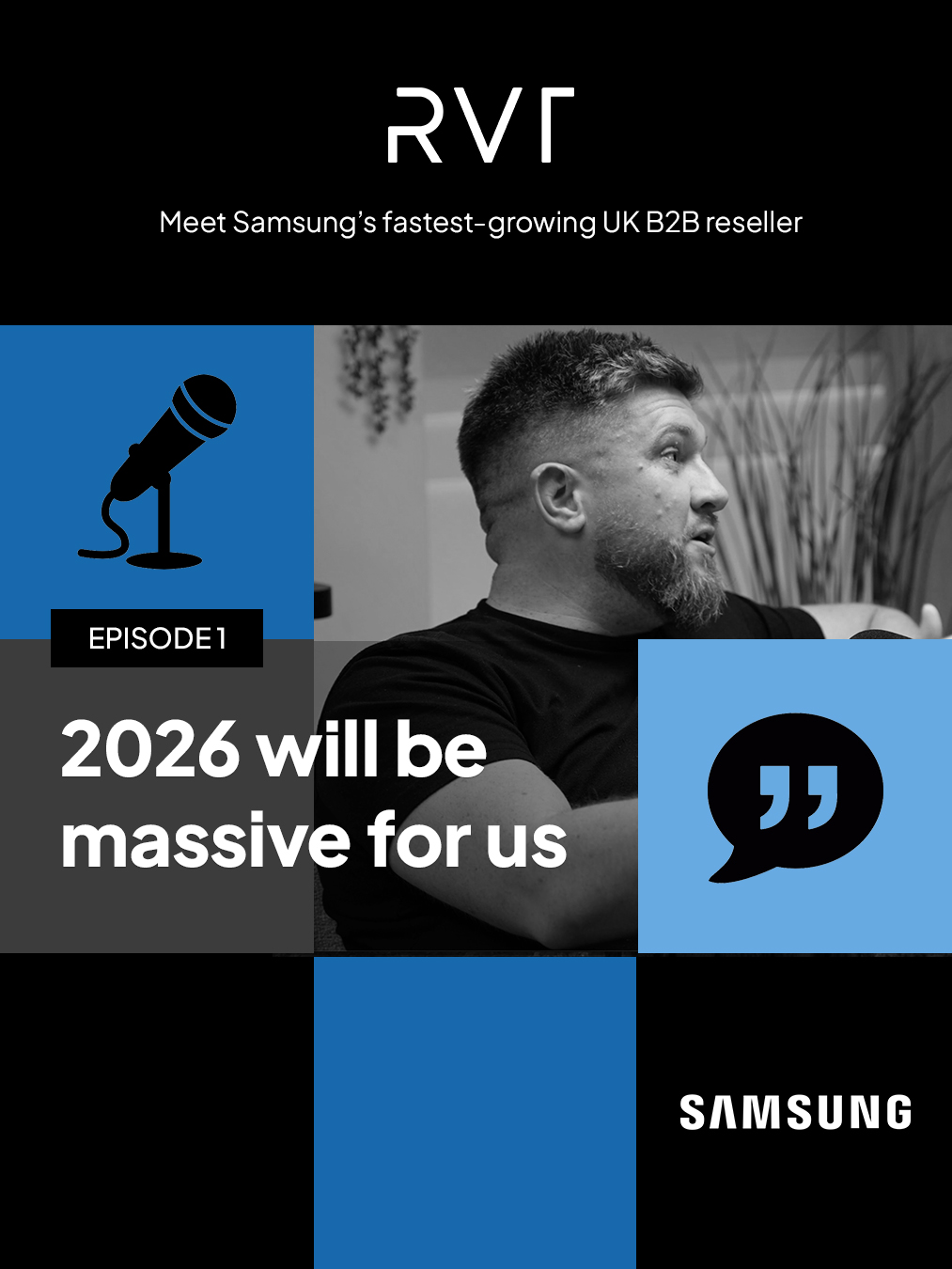“AI should be seen as a tool/productivity enhancer/brainstorming partner, not a replacement“

Commentator: Francesca Lukes, CEO, Wanstor
Focus: A £20m-revenue retail, hospitality and not-for-profit-focused MSP
What generative AI vendors or technologies are you betting on?
For mass market B2B appeal we are backing Microsoft and their Co-pilot solution which will be launching soon with customers. This is effectively like embedding ChatGPT within the core business apps like Word, PowerPoint and Excel. For any organisations who are big users of those tools for content generation, analysis etc. there should be substantial gains.
Beyond this, we see the need for a sector-by-sector approach looking at both the big software vendors and then the AI development platforms that enable organisations like Wanstor to embed AI into their existing processes and tools.
Is generative AI more of an internal or customer-led opportunity for Wanstor at this stage?
It’s very much both. There is a huge opportunity to embed AI within our processes to increase efficiency which we are already implementing within our Service Desk, some of our business functions, and our security processes.
From a customer perspective there is equal appetite and excitement, particularly from our Professional Services clients who can’t wait to get their hands on the likes of Microsoft’s Co-Pilot. Beyond this there will be industry specific use cases.
So far there is a lot of hype and excitement, but outside of the likes of Chat GPT we haven’t seen what the real world business results are yet.
Where do you see the biggest generative AI opportunity when it comes to customers?
Something I’m quite excited about is how embedding AI could identify opportunities for process optimisation such as in areas like supply chain. We work a lot in the hospitality sector and something we have begun discussing is how AI could be used to support procurement – analysing all the data captured from the Point of Sale, inventory and external sources to reduce wastage. There would also be this opportunity within finance processes – identifying suppliers who do not confirm and recommending changes to the process for example.
- NFP and education customers could make good use of AI to eliminate a lot of the manual admin tasks such as writing up notes, creating reports etc., enabling their support workers and teachers to spend more time with their clients.
- For our customers who operate in B2C environments we see a big opportunity around personalisation – finally being able to harness all the data they capture in ways that really make a difference and bring the brand to life.
- In the Security space, AI is both a threat and an opportunity and we are already seeing the use of AI in security products to do a better job of identifying malicious attacks and false positives.
- Fundamentally there is a greater demand for talent than there is capacity (and this isn’t going away), so AI has the potential to reset this and enable organisations that previously couldn’t compete or scale to do so.
To what extent is the rise of generative AI a threat for jobs in the channel (particularly in areas such as marketing)?
There is definitely a threat for those who do not adapt, however though AI can be an accelerator, it is obvious when it is applied without any critical human intervention and that can have a detrimental effect on the quality of output and ideas. One big risk is laziness and complacency. AI should be seen as a tool/productivity enhancer/brainstorming partner, not a replacement.
We also potentially see it giving rise to new jobs – think SEO optimisation, but for AI deployed by customers searching for solutions to problems as an example.
Does generative AI have a sustainability problem, and if so, is there anything IT solutions providers can do to mitigate this?
Potentially, AI requires huge computational power and energy to run, however Microsoft (and the other major players like AWS and Google) have net zero sustainability roadmaps for their datacentres
However, the growth of niche AI solutions in their own datacentres does pose a question for companies that using those services who would otherwise be net zero.
Which partner sees “enormous potential” for generative AI in customer service and content creation? See next page to find out…













